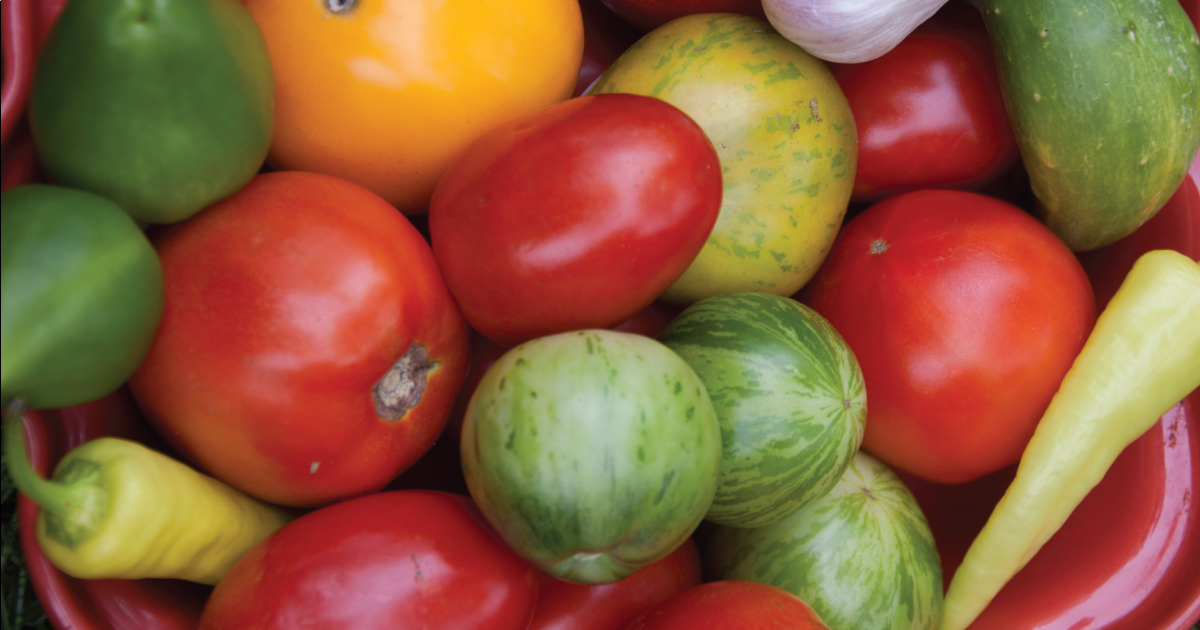
Fruit and Veggie Rx Boxes Deliver Food—and Better Health—to Families in Need
The cheapest foods tend to be calorie-dense but nutritionally bankrupt—think of the bounty a five-spot furnishes from the McDonald’s dollar menu. And when straight-up access to nutritious foods is obstructed or barred to many Americans—most often those in communities of color, low-income neighborhoods, and rural areas—swinging by the drive-thru often makes the most sense.
March 6, 2019 | Source: City Pages | by Theresa J. Beckhusen
The cheapest foods tend to be calorie-dense but nutritionally bankrupt—think of the bounty a five-spot furnishes from the McDonald’s dollar menu.
And when straight-up access to nutritious foods is obstructed or barred to many Americans—most often those in communities of color, low-income neighborhoods, and rural areas—swinging by the drive-thru often makes the most sense. Not everyone has the luxury of a few hours to browse farmers markets and roast, chop, and blanch a mountain of fresh vegetables for the week ahead, or the space to store them.
But consuming foods low in nutrition deprives the body of critical vitamins and minerals and increases the risk of developing serious illnesses like diabetes, hypertension, and heart disease. Treating or managing those conditions isn’t cheap. How do we even begin to chip away at a tangled network that pushes fast-food franchises into urban communities of color and creates a market of cheap and filling foods that doesn’t support health?
